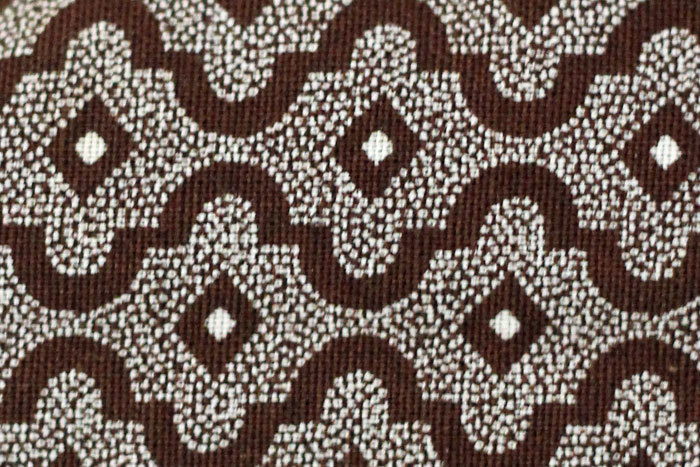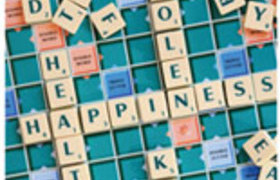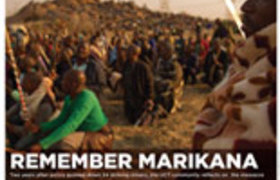Law in Africa
27 March 2015
Some of the world's oldest legal systems began in Africa. In the north, the ancient Egyptian kingdom used a civil code, founded on the idea of Ma'at, the cornerstones of which are tradition, rhetorical speech, social equity and impartiality. Today, many legal histories and traditions – some local, others imported with colonialism – create the warp and weft of law in Africa, informing everything from marriage and mining to intellectual property and gender rights. Helen Swingler looks at some of the work UCT's law scholars are doing in Africa.
Beyond biopiracy
Early stone tools fashioned by our hominid ancestors in sub-Saharan Africa show that innovation based on local knowledge has old roots in the continent.
Dynamic, not static
Customary law has been at the core of Africa's legal systems for centuries, in matters from birth to death and for everything in between: marriage, land ownership, succession and inheritance, contracts, traditional leadership, and justice. In South Africa, customary law still governs the lives of most black citizens.
Africa's paradox of plenty
That Africa is a continent of contradictions is starkly apparent in the great poverty that rides in tandem with its great mineral wealth. Researchers call it the 'resource curse', or the 'paradox of plenty'. With its long mining history, South Africa has not escaped this paradox.
Labour intensive
Lesotho is sub-Saharan Africa's largest exporter of clothing to the United States, supplying retailers such as Gap, Levi Strauss, Timberland and Walmart. Clothing factories, which include South African-owned firms, constitute the largest employer in the mountain kingdom's formal sector.
Finding common ground in comparative law
It was a chance sighting while in Kenya some years back that set Professor Salvatore Mancuso on his path – and later took him to the helm of the law faculty's young Centre for Comparative Law in Africa.
Women's work
In spite of South Africa's advanced Constitution, gender inequalities still characterise the country's judiciary, says legal researcher Tabeth Masengu, of the Democratic Governance & Rights Unit (DGRU).
UCT's links with other African universities
Have a look at this interactive map to learn about the countries UCT has academic links with.
Stories by Helen Swingler
 This work is licensed under a Creative Commons Attribution-NoDerivatives 4.0 International License.
This work is licensed under a Creative Commons Attribution-NoDerivatives 4.0 International License.
Please view the republishing articles page for more information.
Feature
Faculty Focus - Law
Editorial
Photo Essay
Front page
Previous Editions










